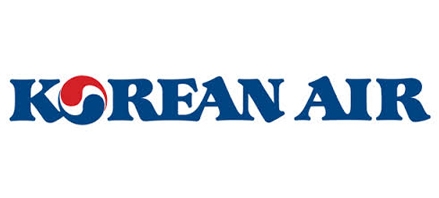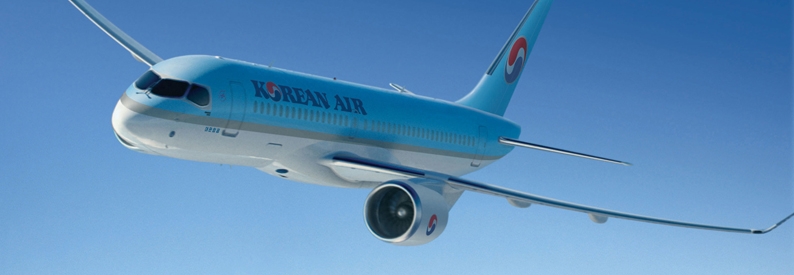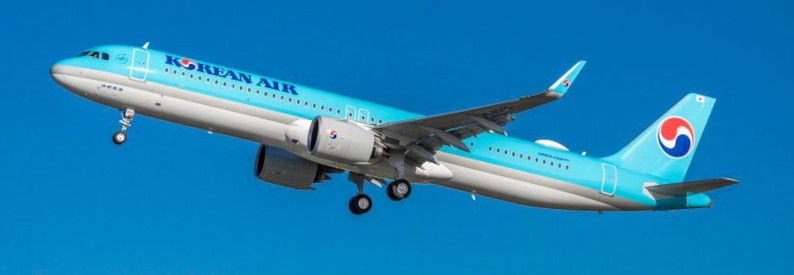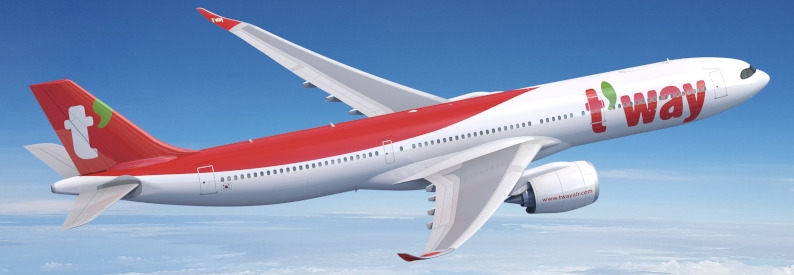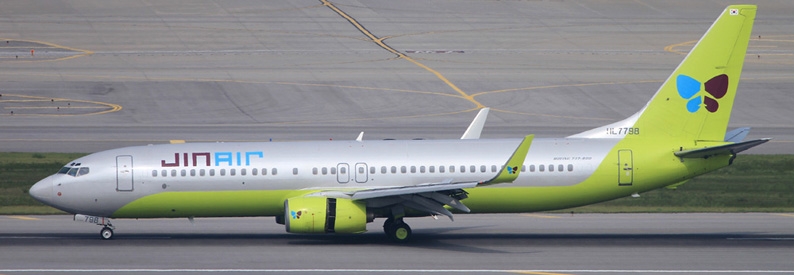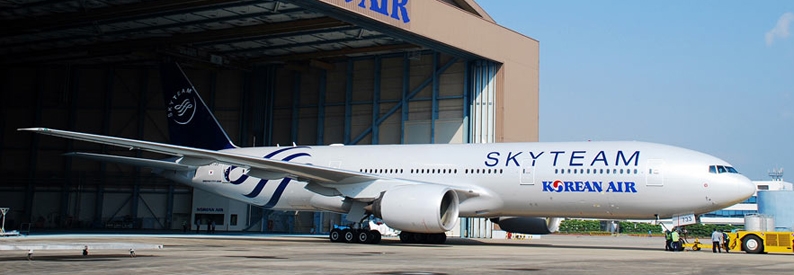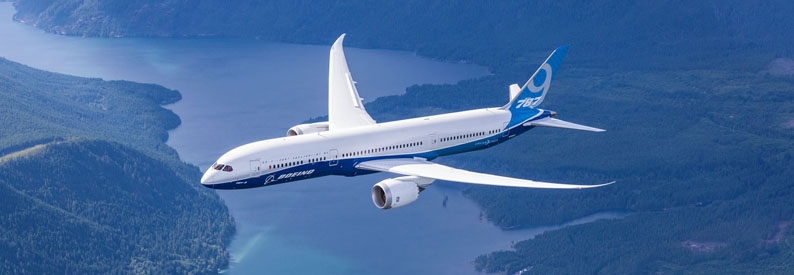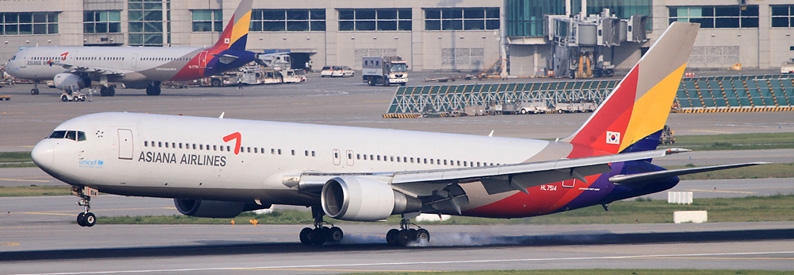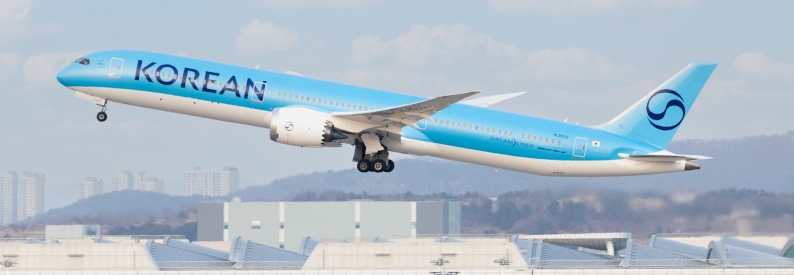The state-run Korea Development Bank has approved a plan that Korean Air (KE, Seoul Incheon) prepared for the integration of its long-time full-service rival Asiana Airlines (OZ, Seoul Incheon), the flag carrier disclosed in a statement on June 30.
After conducting due diligence, Korean Air handed the Post-Merger Integration plan to the policy development bank on March 17. As previously reported, its parent Hanjin KAL Corporation agreed to buy Asiana in November for KRW1.8 trillion won (USD1.59 billion) through the acquisition of new shares and perpetual convertible bonds.
The bank spent three-and-a-half months reviewing the plan and making revisions to it in consultation with Hanjin, the Ministry of Land, Infrastructure and Transport, and other relevant agencies.
The merger plan also includes a scheme for the integration of the airlines’ low-cost subsidiaries Air Busan, Air Seoul, and Jin Air, although no specific details were disclosed, as well as measures to maintain employment levels and boost efficiency in certain areas of business support. The integrated airline will also increase operational efficiency by halting any overlapping passenger and cargo routes, diversifying schedules, and selecting new routes.
The plan clarifies that state control of ticket prices will be maintained on some routes, with the combined entity reporting to the transport ministry airfare data on certain routes where it will have a monopoly. It will not be able to raise these fares without ministry approval.
Korean Air now aims to pursue the integration in stages, but it admitted that complications may yet emerge involving “legal, financial, and tax risks” and unforeseeable market conditions.
The new airline is expected to debut in 2024, later than previously planned, as the process still awaits antitrust approval from the European Union, the United States, China, Japan, and Vietnam, with only Taiwan, Thailand, and Turkey so far having approved it.
In related news, Korean Air also announced on June 30 that it had selected a consortium led by South Korean alternative investment specialist Consus Asset Management as the preferred bidder to buy its wholly-owned Wangsan Leisure Development, which operates the Wangsan Marina close to Seoul Incheon airport. It said it would now start to discuss “major contract terms” with the consortium, the only party to express an interest in the unit, whose value is estimated to be about KRW130 billion (USD115 million).
- Type
- Base
- Aircraft
- Destinations
- Routes
- Daily Flights
